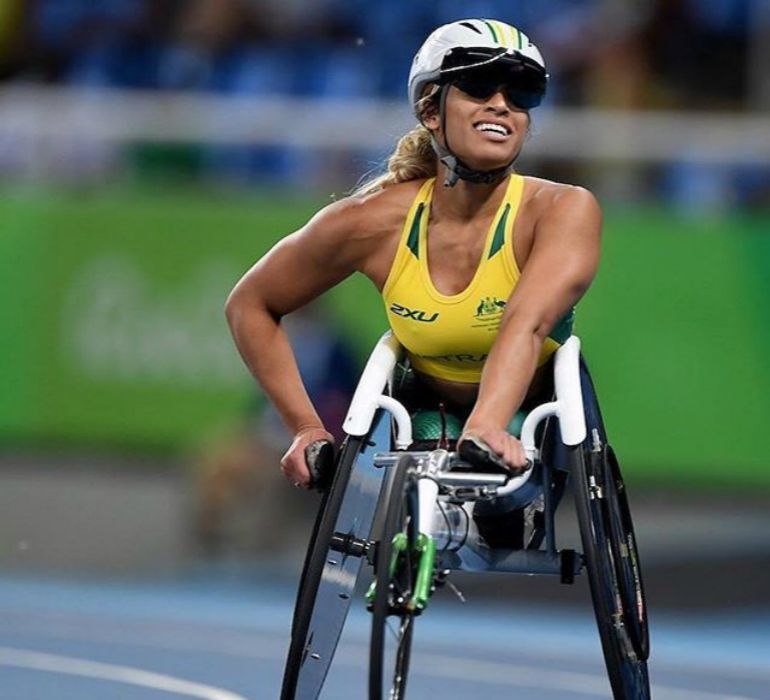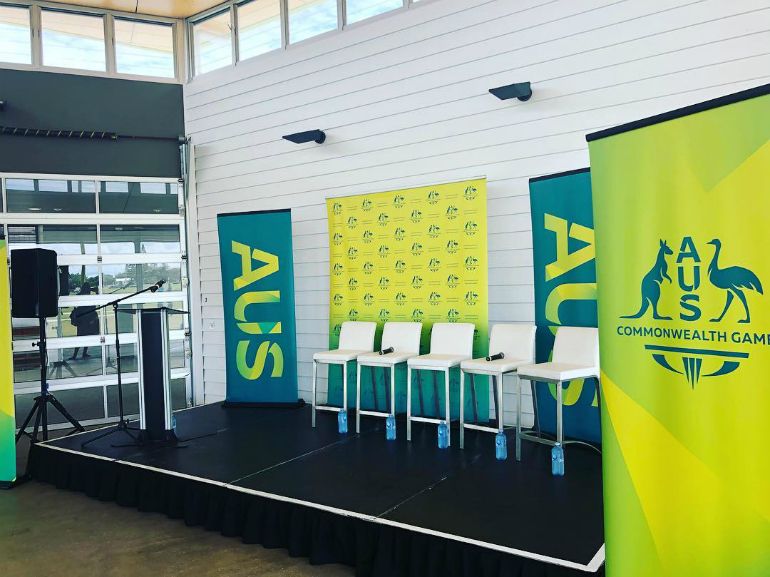Share:
Take it offline!
This Education in Motion resource is also available as a printable PDF.
Download PDF
This sporting competition was first proposed in the 1890s by Reverend Astley Cooper in a bid to bring together the nations under the British Empire. In an 1891 article in the Times newspaper, Cooper suggested the need for a Pan-Britannic-Pan-Anglican competition, one held after every given amount of time to nurture goodwill and create a platform which could build a rapport among the participating members of the British Commonwealth.
This great idea was neglected and even disappeared from the news for a couple of years until 1928. A journalist, M.M Robinson, who also happened to be a member of the Canadian Olympic Committee, brought back the idea to fellow committee members from Britain, New Zealand, Australia and South Africa.
His efforts bore fruits as two years later in 1930 the first Commonwealth games were held in Hamilton, with a total of 11 participating nations. Since then the games were stipulated periodically after every four years except during 1942 and 1946, owing to the Second World War.
The competition was solely focused on individual sports up until 1998 in Kuala Lumpur when team sports were introduced to the programme. The introduced team sports made it possible for nations to participate in Cricket, Hockey, Netball and Rugby 7’s.

Para-sports Introduced
After the inception of team sports, a new era of evolution was inevitable evidenced in the 2002 Manchester games, which saw the games become the first ever multi-sport event to host full-medal events for Elite Athletes with Disability (EAD). This saw 20 countries sending their elite athlete representatives both male and female to participate in 10 categories across five different Para-Sports: athletics, swimming, weightlifting, lawn and table tennis.
The inclusion of this sport in the games continued in the Melbourne 2006 Commonwealth Games resulting in an increase in the number of participants to 186 elite athletes coming from across 25 nations. Participants were able to participate in 12 full medal events, minus lawn tennis.
Things got better in 2010 at the Delhi Games, where the medal events reached 15 and lawn bowling was introduced. Meaning that Para-Sport athletes had more games to participate.
In the last Glasgow Commonwealth Games in 2014, the number came to an all-time high of 22 full medal events, in five Para-Sports events. Making it the largest integrated Para-Sport programme compared to any of the previous Commonwealth games. In addition to the earlier introduced Para-Sports, track cycling also made its debut.
Participating for the first time were swimmers with an intellectual disability who competed in the men’s 200m freestyle for S14 swimmers. Apart from S14 swimming and track cycling which were introduced into the games in 2014, the rest had been introduced back in 2002 as full-medal events. Missing out of the list though was lawn tennis which was never featured in the games after its debut.

Para-Sports in the 2018 Gold Coast Commonwealth.
As the games continue to grow, this year’s Commonwealth Games will be held in the Gold Coast of Australia and will run from 4th to 15th April 2018. With the numbers being at an all-time high of 6,600 athletes from an astounding 70 commonwealth nations, making it the biggest ever. This a clear indication of the journey the games have made.
Not only is the Gold Coast event the biggest Commonwealth Games but also the largest integrated Para-Sport program in its history. In a joint effort to showcase the best of Para-Sports, Commonwealth Games Federation (CGF) in collaboration with the International Paralympic Committee and Commonwealth Games Australia (CGA) have come together to make this year’s commonwealth memorable.
In detail, games will be hosting up-to 300 para-athletes and 38 medal events from seven sports. Setting a new record for the games with a 45 percent increase in the number of para-athletes and 73 percent increase in the medals as compared to the 2014 Glasgow Commonwealth Games.
The contested sports in this year’s games include athletics, swimming, powerlifting and track cycling, with the number of participants in swimming and athletics expected to double.
This year’s games will also see para-triathlon and table tennis being contested for the first time. In the case of para-triathlon, the idea was convinced after the huge success of Triathlon in the Glasgow games and the increasing fame of the sport. Also at the Gold Coast event - for the first time ever - the wheelchair marathon (T54) will take to the streets.
The Gold Coast Commonwealth Games 2018 is expected to raise the bar for future games. Of particular interest will be para-sport programme opportunities for more elite athletes with a disability to participate and display their prowess.
The following Commonwealth Games will be held in Birmingham and will feature Wheelchair Basketball for the first time. Interested in finding a wheelchair for basketball? Check out the Quickie All Court, or if recreational sport is more your thing why not browse our range of wheelchair handbikes.